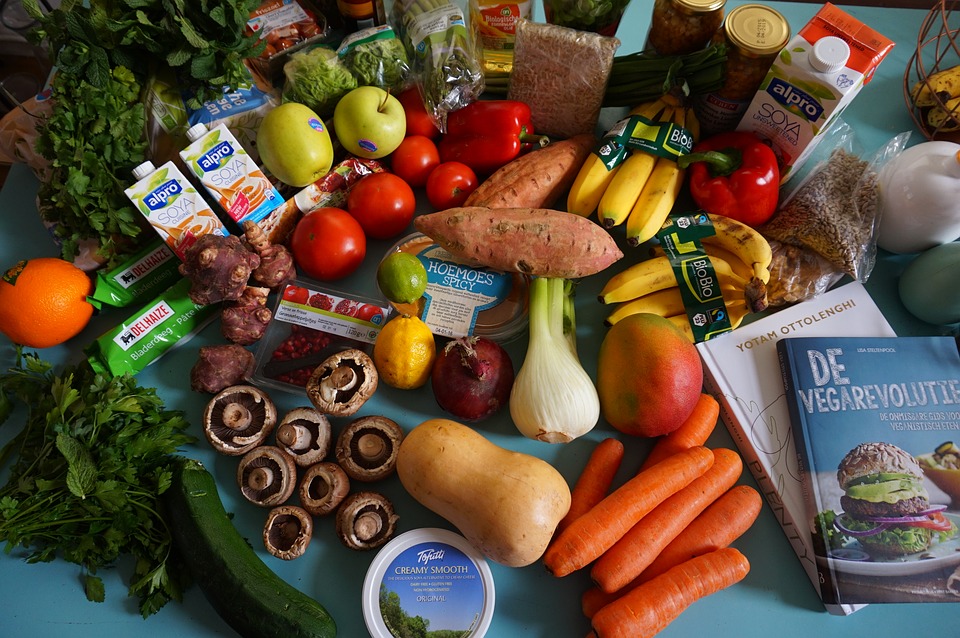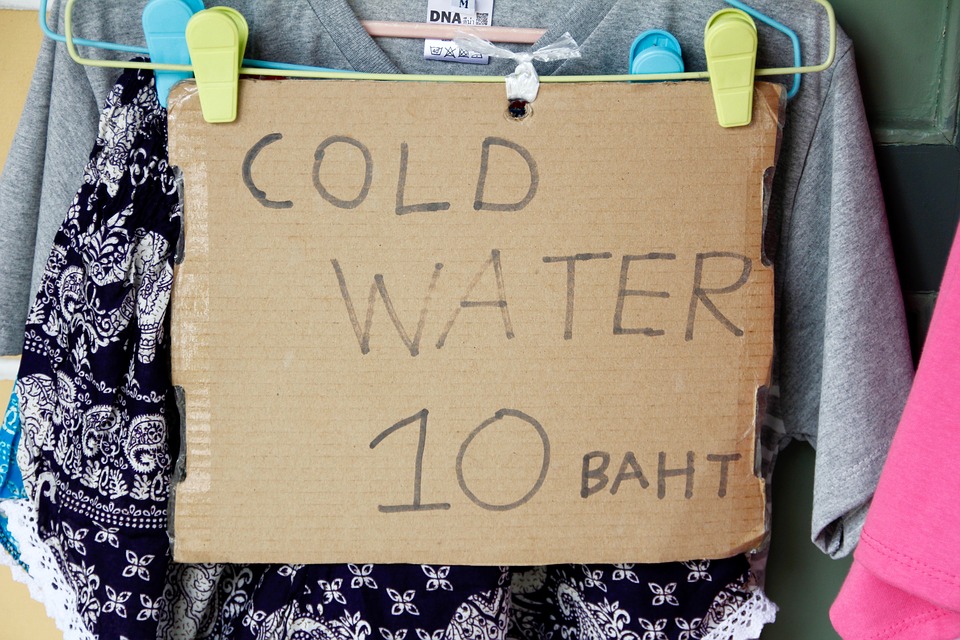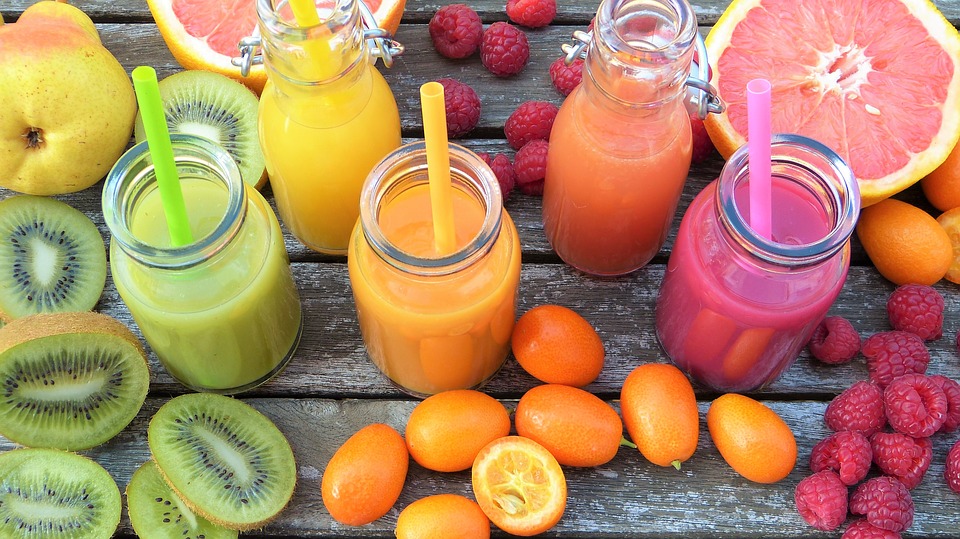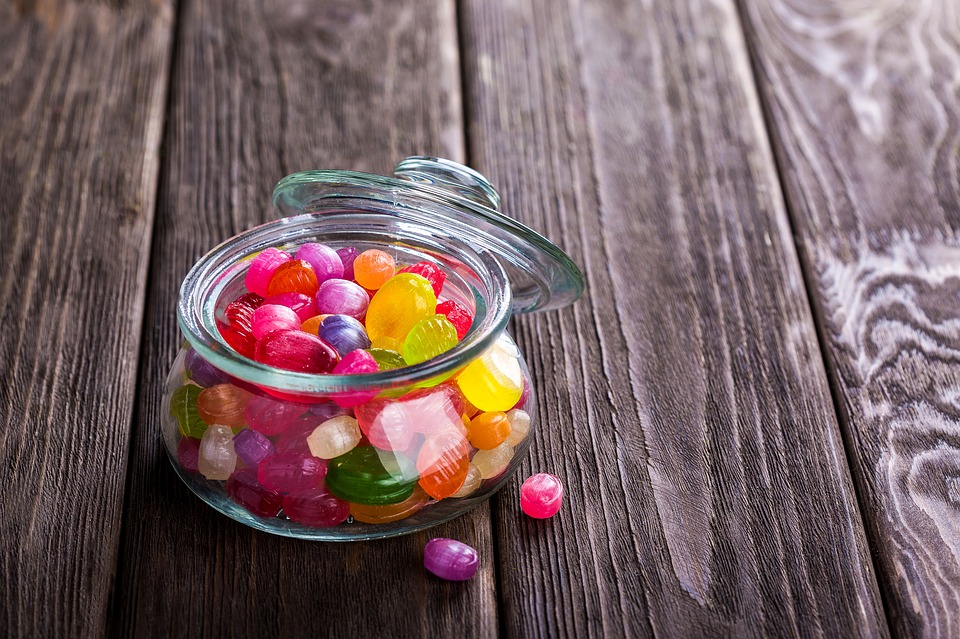Health Myths
Misconceptions about your Health you should Ignore
There's no need to swallow all the health myths that we hear about so often such as we need to drink eight glasses of water a day. That we should live and eat like troglodytes, that our bodies need some detoxing, that antioxidant pills help us live longer, that being a bit overweight shortens our life and that sugar makes children hyperactive. It's all a load of hogwash. All this makes me want to put pen to paper and to see where it take us.
One of the first health myths that will not go away is all this talk about water. Almost everyone I speak to tells me that I'm not drinking nearly enough water. Some days I don't drink water at all. Is there something wrong with me? I don't think so, and I'll tell you why. But before that, who was it that started all this nonsense that we must drink eight glasses of water every day.
It's not based on any scientific data whatsoever just the same way that smoking causes cancer. Yes, people do die from inhaling all sorts of toxic chemicals but smoking, whether it's cigarettes, cigars, pipes or weed, has never been scientifically proven to cause cancer. That's a story I'll get to in another article. It should be interesting.
People die of cancer for all sorts of reasons and more specifically, from contemporary eating and drinking habits. When they do finally meet their maker, it's implied that they died of natural causes when, in fact, they died from some horrible dread disease. How bizarre is that? Stay in touch because I'm also going to expose the myth of death by natural causes versus death by a dread disease. That too should get a few tongues wagging.
Antioxidant Food
Health Myths - Drink Eight Glasses of Water a Day
For now, let's get back to this water thing. No one knows where the eight glasses of water idea came from, and quite frankly, it's all a lot of hearsay that we seem to accept as gospel. Very few even bother to question it and take it signed, sealed and delivered. Some blame the bottled water industry, but plenty of doctors and health organisations have long been promoting it for decades.
When I became a vegetarian 45 years ago, I also stopped drinking tap water because of the fear of who knows what chemicals were in there. I only drank natural spring water which I would fetch from the bottom of a deep well at a soft drink bottling plant near the place where I lived.
The myth about water could very undeniably have come from a 1945 recommendation by the US National Research Council that adults should consume 1 millilitre of water for each calorie of food, which when you think about it, adds up to about 2.5 litres a day for men and 2 litres a day for women. But what most people don't realise though, is that we get a lot of our water from the foods we eat. That is if you're eating the right foods. Certain foods contain water and are broken down chemically into carbon dioxide and more water. Only if you are exercising and sweating buckets, do you need to take on more water?
Any talk of glasses is misleading because there is no need to drink pure water. The fluids that ingest can come from a variety of healthy foods as well as things like tea and coffee. They all provide water for you. Hold on a minute, according to a myth that caffeinated drinks do not count because they are diuretic, that's not true. There's no difference in hydration whether you got your water from caffeinated beverages or not. And do you know that you can eat your water too? That's right.
Fruits and vegetable all contain water and also when grains such as rice and oats soak up all the water during the cooking process. There's no need to drink your water when you can eat it. Read my other article on drinking water facts and what water does to you if you do drink too much of it.
Cold Water Anyone?
Health Myths - We should live and eat like the Flintstones
Our bodies did not evolve by lying on the couch, watching TV and eating chips. So this is one of those health myths suggesting we'd all be a lot healthier if we lived more like our ancestors from the past. This evolutionary discordance hypothesis came about in the mid-1980s by a couple of anthropologists who claimed that although our genes have not changed for at least 50,000 years, our diets and lifestyles had since the advent of agriculture 10,000 years ago.
And this all happened too quickly for us to evolve and deal with it properly. This they said, is the reason why diabetes, heart disease and cancer are so rife and that if we exercised more and ate like hunter-gatherers, we would be healthier.
The Stone Age or the "Paleo Diet" based on these ideas has become quite popular. It involves us eating game, fish, fruit, vegetables and nuts and avoiding whole grains, dairy, legumes, oils, refined sugar and salt. Some aspects, such as exercising more and eating less highly processed grains and sugars, are in agreement with the latest findings.
But others such as ditching grains, legumes and dairy do not. So you'd think that the underlying rationale is flawed. The idea that there was some evolutionary sweet spot 50,000 years ago isn't accurate. Our ancestors were not suitably adapted to their lifestyles, and we have adjusted to our agricultural diet, be it that not everything is an exact science.
Our Ancestors
Health Myths - Our Bodies should be Detoxed
Isn't life beautiful? We live in a toxic world. You are breathing in lead and other heavy metals as you read this. Your next meal will contain everything from natural poisons (Yes, there's arsenic in rice too) to pesticides and pollutants. And as a result, your body becomes a cesspit of suspect substances. What can we do about it? Not that much, but according to popular wisdom, we need to "detox" to get rid of these chemical poisons. There's no shortage of advice on the best way to accomplish this. But do any of these detox programs work? And is detoxing good for us?
We are already doing it all the time with a little help from our livers, kidneys and digestive systems, albeit with some unhealthy food too. Most of the toxic chemicals we consume are broken down or excreted or both within hours. However, it can take weeks, months or even years to get rid of some substances, especially fat-soluble chemicals such as dioxins. If we take these in faster than our bodies can get rid of them, levels build up.
Many detox programs promote a period of consuming only fluids and no solid food, but this will make virtually no difference to the levels of chemicals that have already built up over the years. For many of these, it will take between six to 10 years of zero exposure to get rid half that amount stored in our fatty tissues. The reason for this is that there is no zero exposure. Fasting and dieting release fat-soluble chemicals into the blood, rather than eliminating them. That said, you can only reduce your exposure to toxic chemicals such as those found in nicotine and alcohol.
Fruit Juice Detox
Health Myths - Antioxidant Pills help you Live Longer
It seems blindingly obvious as our cells metabolise the food we eat, they produce rogue molecules called free radicals that wreak havoc in our bodies. Over a lifetime, the damage they do slowly builds up and may cause all kinds of degenerative diseases. Luckily, though, many chemicals act as antioxidants that go about mopping up all these free radicals. Plus, eating fruit and vegetables rich in antioxidants seem to reduce the risk of degenerative diseases. So you think that popping pills packed with antioxidants must surely help stave off these diseases too, do you?
That was what some scientists started thinking from the 1970s onwards. The Nobel prize-winning chemist Linus Pauling enthusiastically promoted high doses of vitamins without waiting for evidence. The public lapped it up, and a whole new industry sprang up to meet its demand. Then in the 1900s, the results of rigorous trials of some of the most popular supplements, including beta-carotene, vitamin E and vitamin C started rolling in.
Study after study has found that although these substances do work as antioxidants in the test tube, popping the pills do not provide any real benefits whatsoever. On the contrary, some studies suggest that they are harmful. A 2007 review of nearly 70 trials involving 230,000 people concluded that not only do antioxidant supplements not increase life span but that supplements of beta-carotene and vitamin A and E seem to increase mortality.
Health Myths on Antioxidant Pills
Health Myths - Being a bit Overweight shortens Life
Let's face it; being severely obese is bad for your health. Who doesn't agree with that? A body mass index of over 40 increases the risk of type 2 diabetes, heart disease, and certain cancers as well as increases the risk of dying from any dread illness by up to 30 per cent. It is certainly not one of those health myths. But carrying just a few extra kilograms, far from being a one-way ticket to an early grave, seems to deter the grim reaper according to a recent review of nearly 100 studies involving almost three million people.
The review reported that being overweight - defined as having a body mass index (BMI) of 25 to 29 seems to have a protective effect, with a 6 per cent reduction in death risk compared to people with a BMI of between 19 and 25. Those with a BMI of over 35, however, have a higher risk. It's not altogether clear why being a bit overweight might protect against early death. Perhaps carrying a few extra kilograms in reserve helps the body fight off illness or infections.
Health Myths on being a little Overweight
Health Myths - Sugar makes Children Hyperactive
Every parent has seen it happen: Take a group of young children, add sugar, then stand back and watch them bounce off walls. But although many parents will find it hard to believe, sugar does not cause hyperactivity. A 1996 review of 12 blinded studies where no one at the time knew which children had received sugar and which a placebo, they found no evidence to support this notion. One of these studies concluded that the sugar effect is all in the parents' minds. Parents and their 5 to 7-year old "sugar sensitive" children were divided up into two groups.
The parents of one group were told that their children had received a hefty dose of sugar, while the others believed their kids were in the placebo group. In reality, all the children had received sugar-free food. When parents watched their offspring at play afterwards, those who thought their kids were in the sugar group were more likely to rate their behaviour as hyperactive.
That said, sugar does affect children's brains but in a surprisingly different way. In one study found that in the half-hour after having a glucose drink, 9 to 11-year old school children were better able to concentrate and scored higher in memory tests. That is the opposite of hyperactivity, one characteristic of which is the ability to concentrate. So perhaps what parents mistake for hyperactivity at parties is just kids focusing on having fun.
Health Myths on Candy
Love Travel Eat Right - Disclaimer
Please take note that the information on this site is designed for educational purposes and is intended solely for a general readership. The contents herein are not intended to offer any personal medical advice or to diagnose any health issues you may have. This information is also by no means a substitute for medical care by a licensed healthcare provider. For that, you'd need to consult your medical doctor or a health care practitioner for any advice should you require prescription medication.






